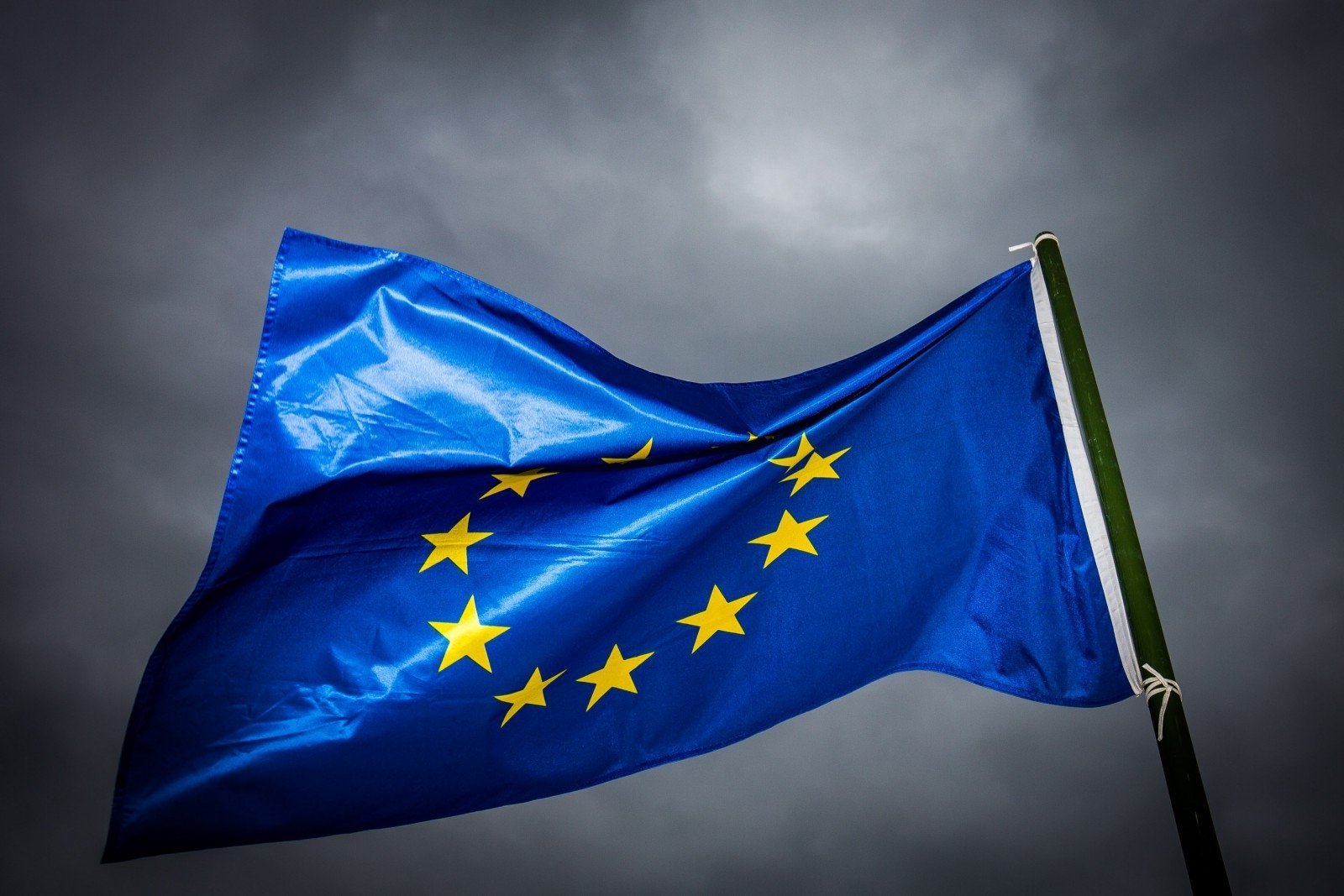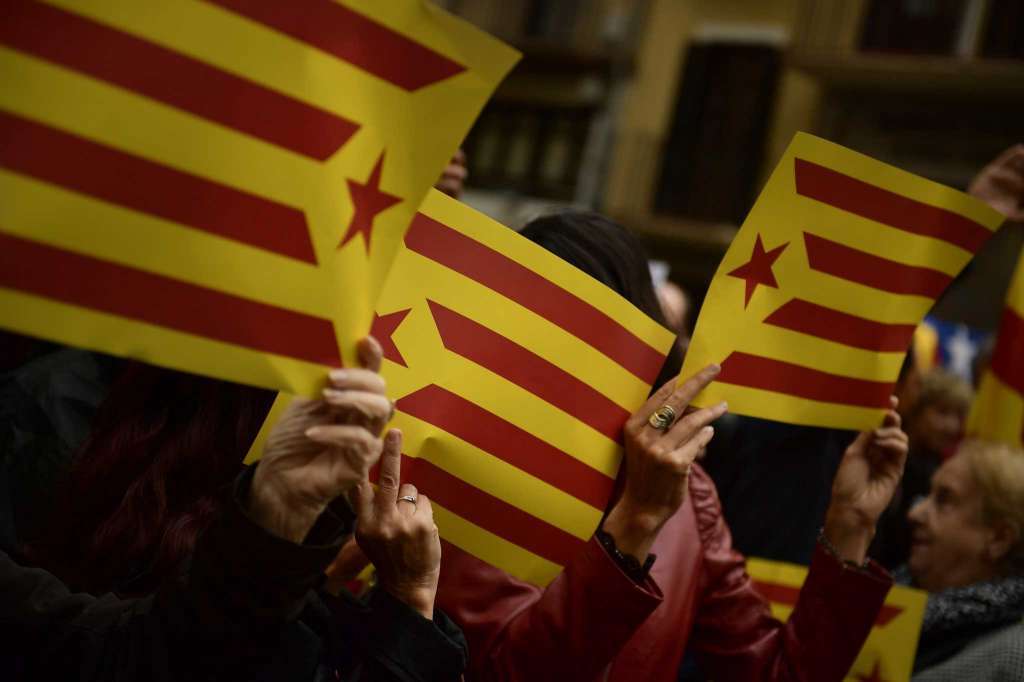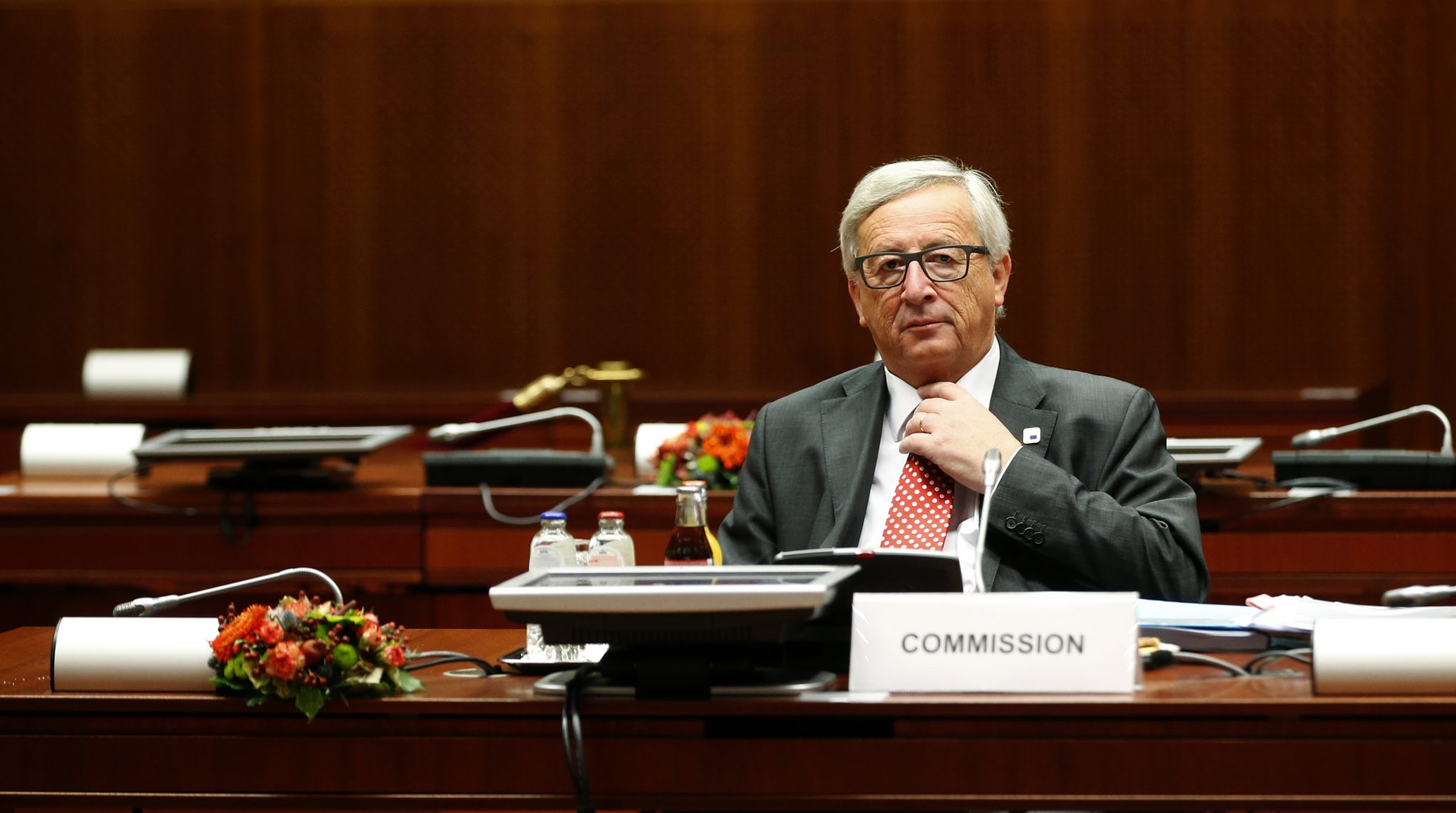
[authorbox authorid=”56″ title=”The Author”]
Within the now all-consuming drive of Emmanuel Macron, Guy Verhofstadt and other European leaders to reform the EU, the European gaze has once again focused entirely on the core western and central member states, all but ignoring the plight of the countries that are being increasingly seen as being increasingly marginalised.
Within this political environment there have been frequent calls for further inclusion of these states, with the goal being the prevention of increased dissatisfaction within nations such as Poland and Hungary. We have instead seen this become more pronounced with the recent decisions to relocate the ‘European Medicines Agency’ to Amsterdam, and the ‘European Banking Authority’ to Paris instead of cities such as Warsaw, Bucharest or Prague. Of course, these decisions were informed by the criteria agreed by Council members:
- The assurance that the agency is operational when the UK leaves the EU
- accessibility of the location
- schools for the children of the agency staff
- access to the labour market and health care for employees’ spouses and children
- business continuity
- geographical spread
Of course, there was also consideration given to the political situations in these countries, noting that many eastern states have recently turned towards nationalistic governments; the effect that these situations could have had on EBA and EMA staff within these countries will have been closely considered, and appears to have superseded the ‘geographical spread’ criteria, which was intended to alleviate the notion that European power is overly concentrated within the western states such as France.
This notion was further underlined by the result of Peter Kažimírs last-minute decision to put forward his candidacy for the Eurogroup presidency, four days prior to the decision being made. Of course, his last minute candidacy made it highly improbable that he would receive the nomination for the post, and further highlighted concerns in regards to his unpredictable behaviour. This did not hinder talk of an east-west divide between the states, with an official being quoted as stating that, following the decision to not allow Bratislava to host the EMA, a decision to overlook Kažimírs candidacy “… would be an unhappy situation that could lead to another east-west divide”. In the end Portuguese finance Minister Mário Centeno (8), a lifelong economist who was educated at Harvard was elected to the role.
This is ultimately symptomatic of an increasingly prominent issue in the modern politics of the Visegrád four and other states to the east of Germany. While they have been recipients of European investment funds that have had a transformative effect on their economies, politically they feel they have been marginalized, and discontent within these countries has led to all four of the Visegrád states electing populist governments. A combination of their perceived lack of representation within EU institutions, the migrant crisis seeing their concerns and actions being rebuffed and demonised, as well as the lack of benefits from the economic boom in these nations for the common worker has led to a standoff situation between the Visegrád four and the rest of the EU27, not dissimilar to the situation surrounding Brexit within the United Kingdom.
However there is one topic that has seen relatively strong support from disaffected states, that being the Eastern Partnership. A recent development of the European Project, having been founded on May 7 2009 by the post-Soviet states of Armenia, Azerbaijan, Belarus, Georgia, Moldova and Ukraine. It was originally initiated by Poland, and has become a key tool in extending a sphere of influence over one of the regions that acts as a buffer between Russia and the European Union.
For all intents and purposes it has been a relatively successful partnership within a region that still suffers from the shadow of its Soviet Legacy. However, even having received much support from the European Union, there has been a lack of clear objective or goals in regards to what the partnership should achieve, and we can assume that this is due to the EU still being somewhat hesitant to embrace all of the Eastern Partnership members as potential members.
It is in this environment that it has come to be seen as a restriction by the more economically advanced states such as Georgia, Moldova and Ukraine, who would like to one day begin accession talks to join the EU. However, even being involved within the EU European Neighbourhood Policy (ENP) is not an easy route to accession talks, as they must first complete an Associastion Agreement, apply for membership, then complete the candidacy process. There is also the geopolitical issue of Russian influence, something akin to the much scrutinized ‘American influence’ on the EU through the British Membership. The Russian fear of losing influence within the region has also led to military aggression and the occupation of Georgian, Moldovian and Ukranian territory.
Of course, not all of this comes down to the partnership itself or the result of European actions. Without further strengthening their own individual positions through the creation of further diplomatic relationships with world powers such as the United States, which appears unlikely to occur under the Presidency of Donald Trump, or China, the Eastern Partnership states will have a difficult time negotiating the difficulties of their relationship with Russia in the even that they want to seek further ties with the European Union, or with the European Union in the event that they seek closer ties with what is being seen more and more as a rogue state.
Further complications have arisen more recently, with Martin Schulz building upon the Macron speech at the Sorbonne, calling for a ‘United States of Europe’ by the year 2025. In and of itself, it seems innocuous, however this can be seen as a reversal of his attempts to avoid a ‘Große Koalition’ or ‘GroKo’ with Angela Merkels CDU/CSU union parties; mostly due to a call he received from Emmanuel Macron upon Merkels request.
Schulz’s conference speech included a very problematic detail that will undoubtedly unnerve many of the eastern and Visegrád member states: Upon the drafting of a ‘constitutional treaty’, it would “be presented to the member states and those who are against it will simply leave the EU”, adding that Poland was in the process of undermining European values and that Hungary was in the process of isolating itself from its European allies.
This poses an increasingly visible problem, especially if the narrative begins to be taken up by Chancelor Angela Merkel of Germany, President Macron of France, or any of the other heads of states of the 27 for a number of reasons. The most prominent threat would be a deepening of the current fractures within the EU27, with dissatisfaction of the Eastern half of the bloc leading to their butting heads with the western half over the core identities of the EU, as well as where the balance of power lies in regards to the internal politics of the EU.
Another threat would be the possible resurgence of a ‘Soviet Block’, with Russia taking advantage of any dissatisfaction in an attempt to further expand its sphere of influence into the European Union, seeking relief from the increasingly painful sanctions that are beginning to strangle the Russian economy.
One solution to the issue, of course, would be to increase attempts to bring the Visegrád and Eastern states into the fold. Including them within decision making processes more, giving them the chance to take a more prominent role in European affairs and organisations; this is, of course, easier said than done. The European Union requires that countries wanting to be considered candidates, become a member state and then remain a member state, follow the international rules and norms of the European Union, and we are seeing this become more and more of an issue within the Visegrád 4 and prominently within the Polish state in its attempts to reform their judiciary.
The situation in Poland is increasingly perilous, as we are now seeing the possibility of the situation escalating toward the use of the Article 7 formal warning and sanctions over the danger to human rights within the country. However there are hopes that the warnings within Article 7.1 will be sufficient, and the sanctions detailed within article 7.3 will not need to be used and thankfully a complete diplomatic breakdown is highly unlikely.
However, the ideal way to solve this issue is not going to be an upending of the current diplomatic and economic work with both the Visegrád countries as well as the eastern member and candidate states, but instead to continue the current processes and to identity areas of improvement. Continuing to work with democratic organisations in countries in Poland, Hungary, Ukraine and Georgia, with the ultimate goal being to make them feel secure and amplify a sense of trust between them and European Union. The best way to combat discontent is to increase their involvement, aid them in the development of their economies, and to increasingly showcase the benefits of the free movements of good, services, labour and capital.
The European Union will also need to encourage the populations of all member states and candidate states who suffer from high-dissatisfaction to engage further in the European political process, and the recent proposals of President Macron for Pan-European MEPs are an important first-step in providing the opportunities for European Citizen to be able to do so. The realisation of this proposal will be the key to increasing trust for European Institutions, as well as strengthening the bonds between European states and citizens.



